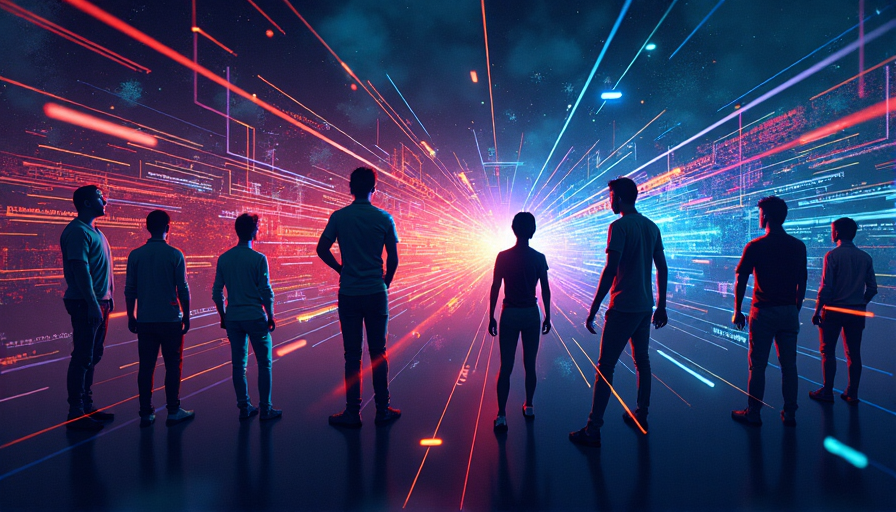
AI Revolution: Adapting or Becoming Obsolete
AI is not just a new tool—it's the catalyst for an economic and cultural revolution that is reshaping every aspect of daily life. As history shows us through Darwin's notion of adaptation, survival hinges on one’s ability to evolve. In the modern world, where technological progress unfolds at a breakneck pace, every sector from education and healthcare to business and security is facing a transformative moment.
A New Era of Task Transformation
In today’s environment, the focus is on leveraging smart systems to handle existing tasks. However, this is merely the first stage of AI's profound influence. The current trend of assigning tasks to advanced technologies is serving as a preview of a future where the definition of work itself will fundamentally change. With the advent of comprehensive AI tools, specialties and routines that once defined careers may soon become relics of the past.
Employers and employees alike are forced to ask: How can one remain relevant in this rapidly evolving landscape? The real danger lies in over-reliance on current tools—what once provided a competitive edge can quickly become the very mechanism of obsolescence. The key to staying ahead lies in an unwavering commitment to continual learning and adaptation.
Evolution in Three Waves of AI Integration
The integration of AI into everyday work will come in three distinct waves:
-
Short Term: The immediate future calls for critical use of existing AI solutions. Flexibility and an eagerness to learn new tools will be essential skills. Workers must be ready to switch rapidly between systems tailored for different tasks.
-
Medium Term: The evolution will extend beyond simple automation. Broader job roles will be redefined, forming a new professional taxonomy where AI agents perform complex tasks. Businesses will likely overhaul management and operational strategies, embedding intelligent automation at every level.
-
Long Term: Looking ahead, entirely new fields will emerge. Creative and innovative pursuits will come to the forefront as routine roles are routinely transformed through continuous learning. This shift will not only create new job categories but also demand regular upskilling in existing roles.
Embracing Change in a Dynamic Landscape
The story of AI is ultimately one about transformation. The rapid pace of technological change brings with it significant challenges, including the risk of regulatory lag and the obsolescence of traditional work methods. Those who cling to outdated practices may find themselves having to exit the game entirely.
Conversely, individuals and organizations that proactively integrate innovation into their work processes are poised to lead the new era. By navigating the shifting terrain with a willingness to evolve and a mindset that prizes continuous reinvention, they will not only survive but thrive.
In this age of acceleration, the real challenge is not just about keeping up with new tools—it's about reimagining the very nature of work. The future belongs to those who look beyond the immediate benefits of automation to the broader potential of redefined roles and industries.
By embracing AI’s transformative potential today, leaders can forge a future where adaptation is synonymous with success.
Note: This publication was rewritten using AI. The content was based on the original source linked above.